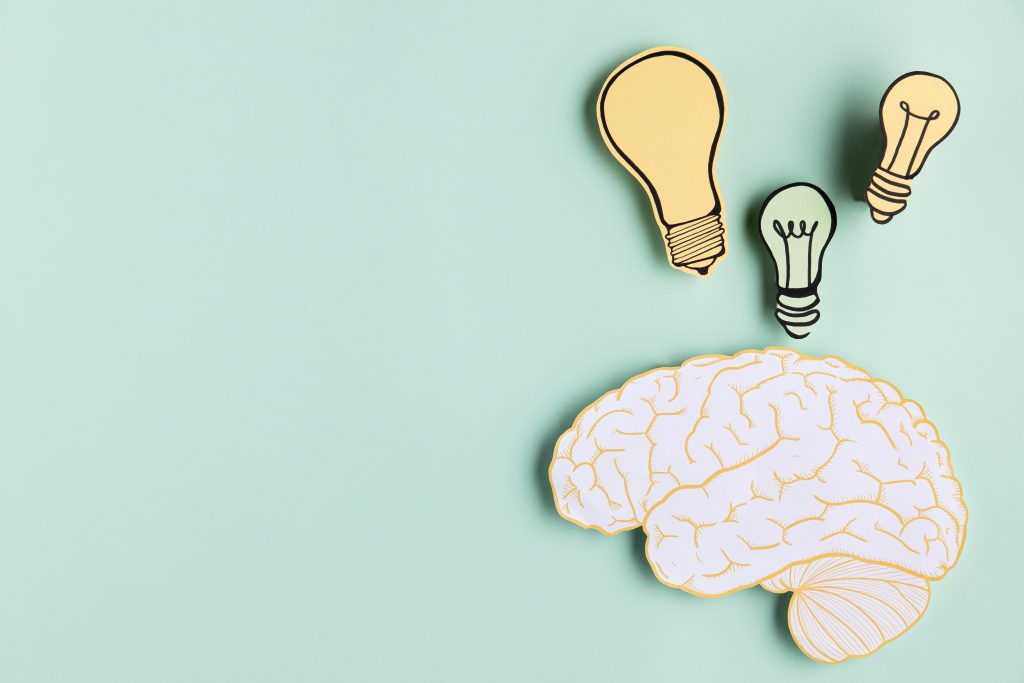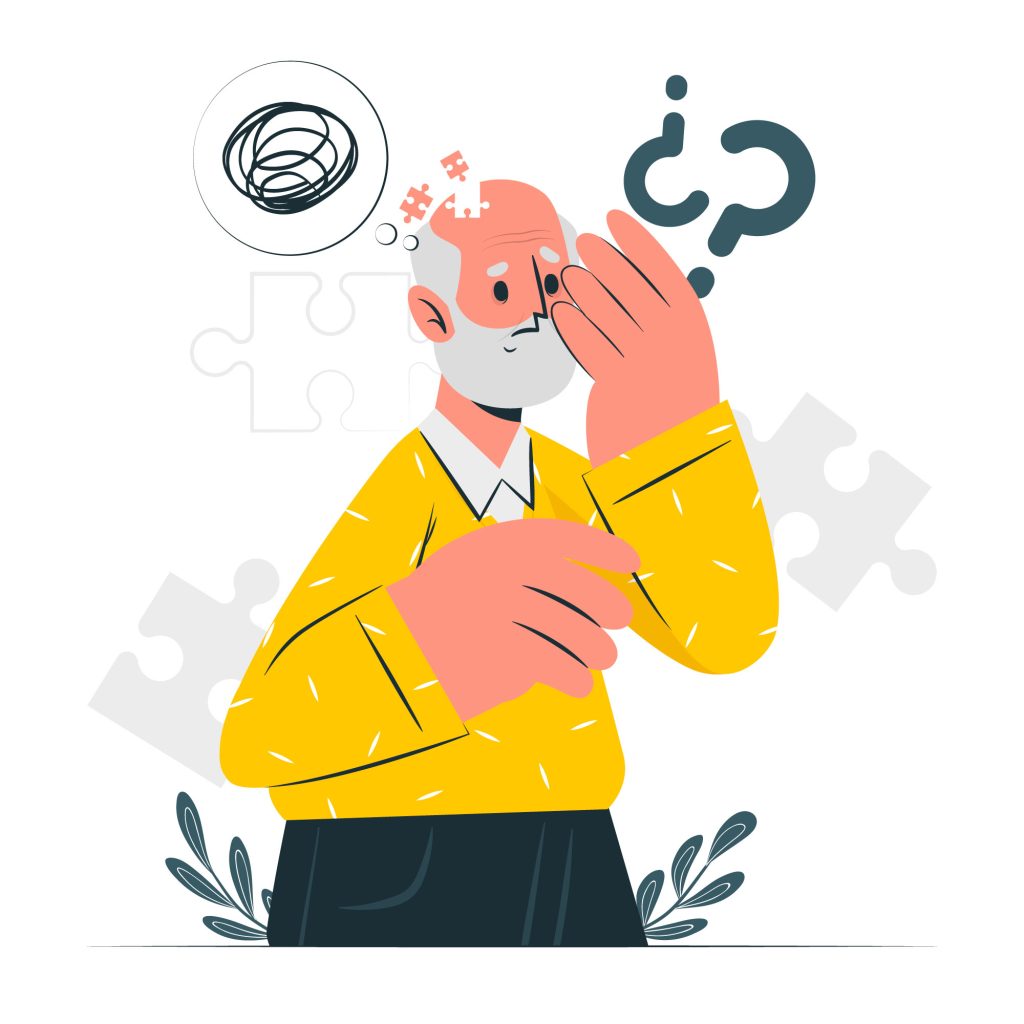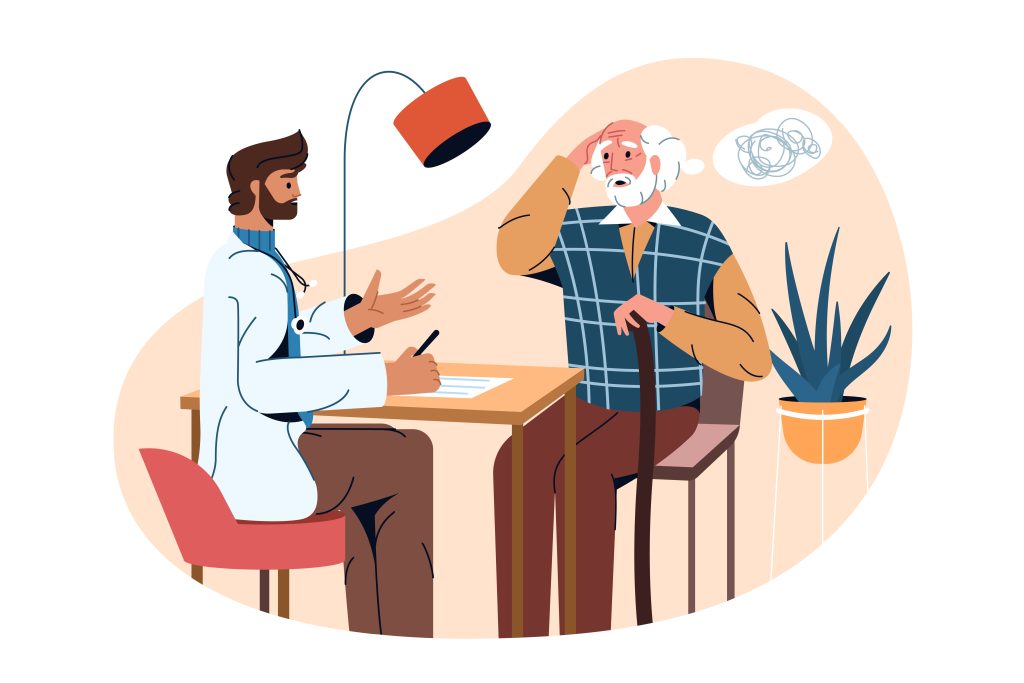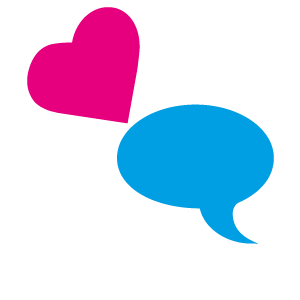Clive’s January Blog – Alzheimer’s

At the start of my previous blog on Neuro-diversity, I mentioned my love/hate relationship with the word ‘diagnosis’. I refer to it once again in discussing the subject of Alzheimer’s and other dementia.
A diagnosis, always assuming that it is correct (and some are not), can be life-changing, life-saving and a source of great relief, because one may become aware of what is happening, along with why and how it may be treated, healed or resolved. However, there are some diagnoses which can cause concern because of the uncertainty of the progress and outcome. Cancer is one of these, as can be Alzheimer’s and Parkinson’s.

Medical science has brought huge relief to many people, despite a concerning diagnosis and uncertain prognosis. This is particularly so, in the case of many cancers. However, up to this point, advances in the medical and pharmaceutical world have been less successful for Alzheimer’s, dementia and Parkinson’s.
Most importantly, there seems to be a vast array of seemingly unrelated processes which contribute to the ultimate manifestation of ‘neurodegeneration’. It is precisely because of this that any remediation requires an ‘orchestration’ of diverse approaches.
This does not sit well with the current modern trend of healing diseases with ‘monotherapy’, using a single ‘magic bullet’. It seems that no new, single pharmaceutical product is yet able to significantly modify the course or outcome of Alzheimer’s, although the progress can be slowed and welcome symptom relief may be achieved.
The causes of dementia and neurodegeneration are now more understood and there is consensus that the deterioration occurs over many, many years before it becomes obvious. Dementia mostly affects people over the age of 65 years and its incidence grows exponentially with age.
There is a common Alzheimer’s risk gene – ApoE4, but not everyone with this gene will develop it. There is general agreement that some of the ways of reducing the risk and indeed the symptoms, are by eating less sugar and processed foods and taking plenty of exercise. However, this is most effective after doing the full check on everything else which might be contributing to the problem.
The best ‘vaccine’ for Alzheimer’s disease appears to be a personalised, precision medicine programme analysing and addressing the biochemical parameters that contribute to it. If you are deficient in zinc, as 1 billion people are globally or, in vitamin D, then you are at increased risk of cognitive decline, but it can be addressed. If you have inflammation, a tick bite or viral infection, then your risk is increased, but these also can be treated.

In response to the problem, integrative and functional approaches have been developed to a very high degree by a number of professionals. One in particular, Dr Dale Bredesden is confident enough to say that Alzheimer’s can be reversed with the right approach. His book refers- The End of Alzheimer’s – Programme Much of this blog is based upon information gleaned from the book.
Then there is the website https://www.apollohealthco.com/. It includes an online test which can be completed in order to check for any current degeneration. I have completed it and came out average for my age (which was reassuring.)
There is in the UK, a group in Edinburgh called ‘Cogmission’, who have been trained in these procrdures and will take someone with a diagnosis of Alzheimer’s through a process or protocol which can produce surprisingly beneficial results. http://www.cogmission.co.uk
Here is a Carehome in the United States, specifically created to provide an environment which reduces and improves the symptoms of dementia: https://www.maramaexperience.com all based on the work of Dr Dale Bredesden.
It was immediately obvious to me that the process or protocol starts out with an integrative and functional medical approach of looking at all possibilities and checking out the mindbody in all respects. This usually includes a blood and urine test amongst others. Essentially, you undergo a full personal MOT!
Sadly this can only be done privately at present. The NHS and HSE have not yet shifted from the single magic bullet approach.
The complication is that brain degeneration is linked to a large number of possibilities which may have been present and developing for many years. These include exposure to toxins of all sorts, including household mould. Someone in the army, for example, may have been exposed to vaccinations against chemical warfare, which, in themselves may cause neural damage.
Former racing driver, Sir Jackie Stewart, OBE, has taken the lead in private support of awareness and funding for dementia. His charity, Race Against Dementia – RAD works tirelessly to this end. Jackie’s wife Helen, now more than 80 years old, was diagnosed some years ago and, as a couple devoted to each other, Jackie wishes to help others.
Dr Liz Charles in England has been successfully developing a programme for clients diagnosed with Parkinson’s Disease, using Safe and Sound Protocol (SSP) with some remarkable results. She uses carefully titrated SSP alongside various supportive activities with her clients, which results in a reduction in some of the symptoms associated with the disease. https://www.drlizcharles.com/parkinsons-disease.html The SSP was created by Dr Stephen Porges.
Kirkland Newman of Mindhealth 360 interviews some of the world’s leading experts on integrative medicine. Worth a look and also to listen to her at the Trauma Summit, in Belfast in June.
Neurofeedback: Non-invasive Neurofeedback training has been suggested as a potential complementary treatment for dementia.
Here is a new technology-based armband for help with Parkinson’s. Regrettably, we have no more information about it.
In March 2023 I came across and spoke to a man in Belfast called Scott Hanley, who seems to have brought his Parkinson’s under control, mostly with exercise but also with choice of food and nutrition. Diagnosed in 2017, he has made remarkable progress. I have just been in touch with him whilst writing this blog. He tells me that several others have successfully followed his example and he is still symptom-free. Here is his story on a youtube video link https://www.youtube.com/watch?v=btCAoAjSAc8
I am a strong believer in keeping hope alive, despite concerning predictions and prognoses. We in Action Trauma have been discovering that traditional straight line medicine and predictions can often have side-roads and bypasses brought about or influenced by mindbody actions and experiences. These can alter outcomes, often in a wonderful and surprising way. As can Functional and integrative medicine which seem to be the way forward for many conditions. At the same time, we must be careful not to create false hope.

I hope that you find this blog thought-provoking but, at the end of the day, it is up to each individual to weigh up the information and evidence and always take professional advice.
I must apologise for the blog being something of a ‘hotchpotch’ of links and information. Perhaps this is indicative of the complexities of the subject.
One thing is certain with neurodegeneration, no treatment is simple and no treatment is easy. Perhaps Scott Hanley personifies this. The dedication to stick to his training regime is immense, but it just might be worth it.
With Best Wishes and sharing: warmth, love, hope, understanding, kindness, sensitivity and compassion.






Responses